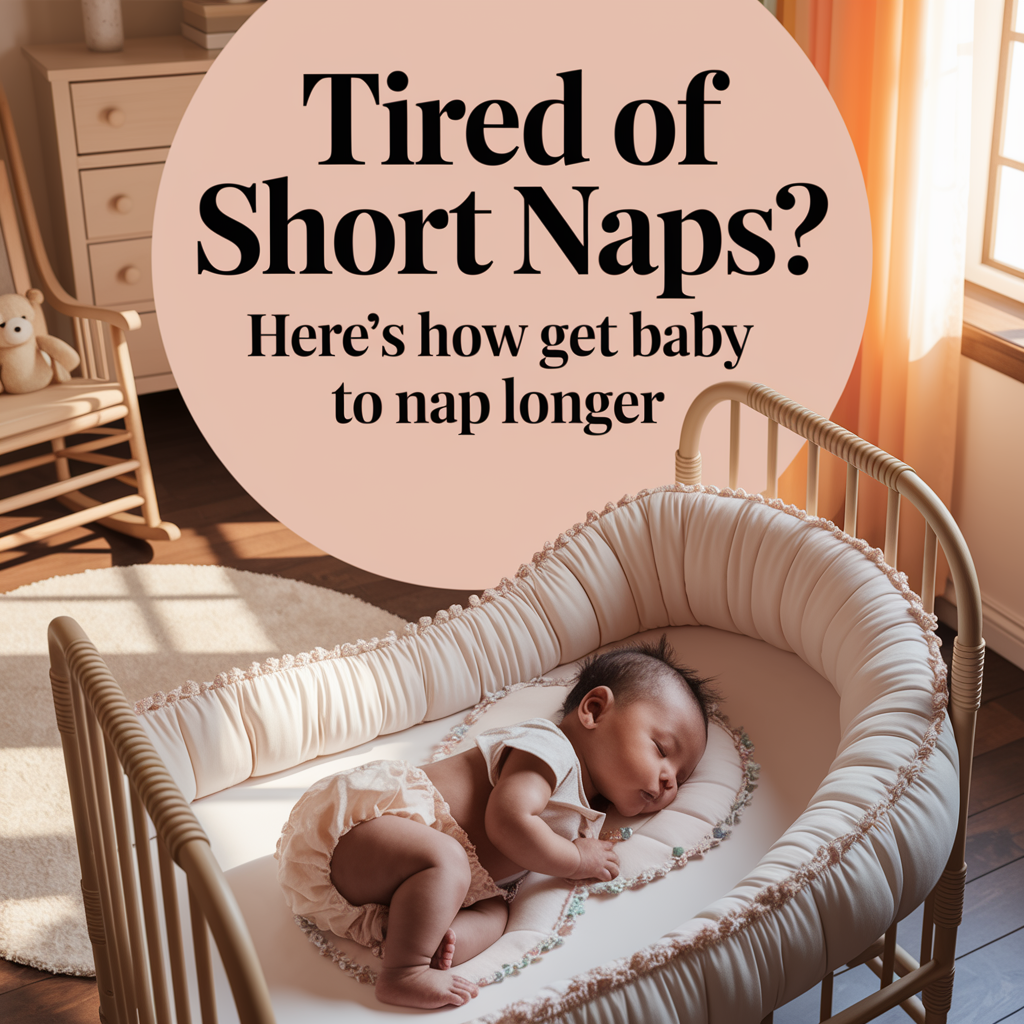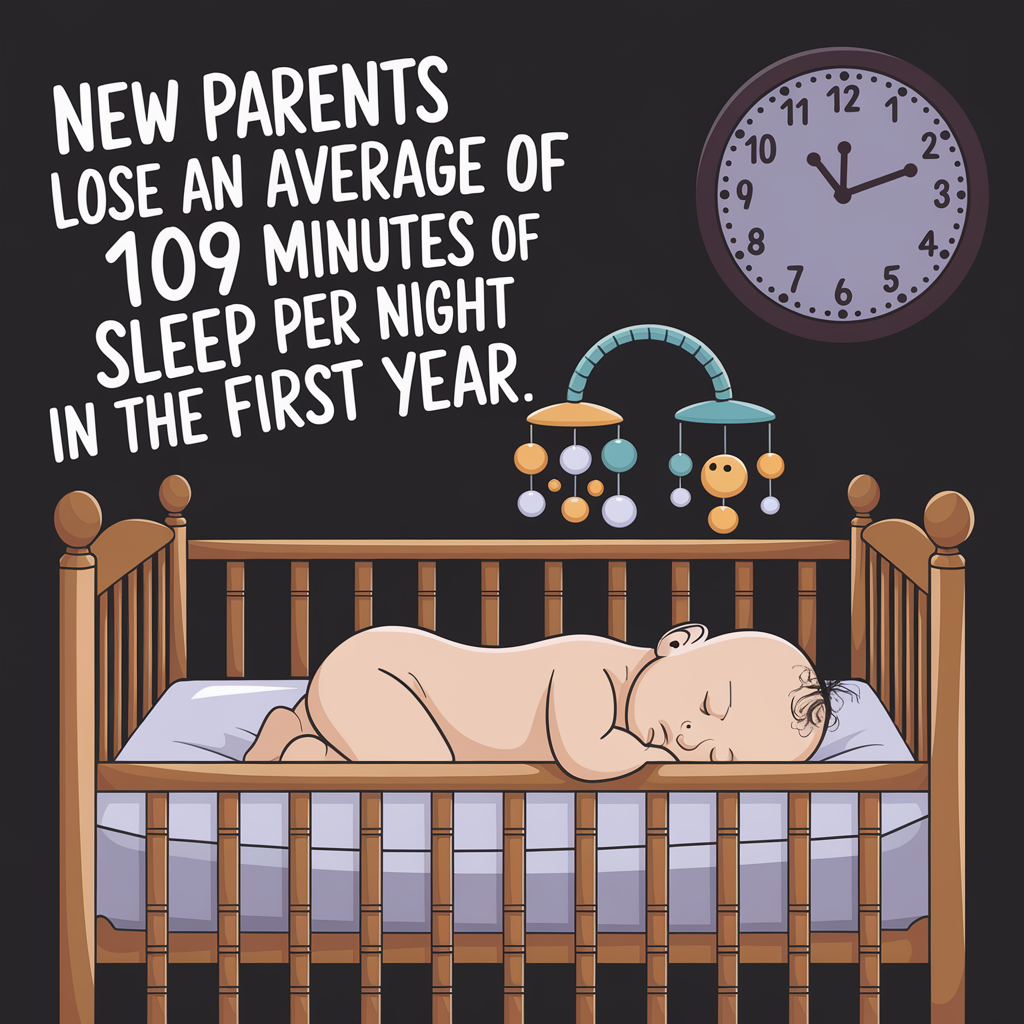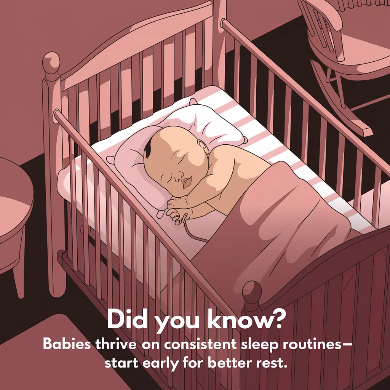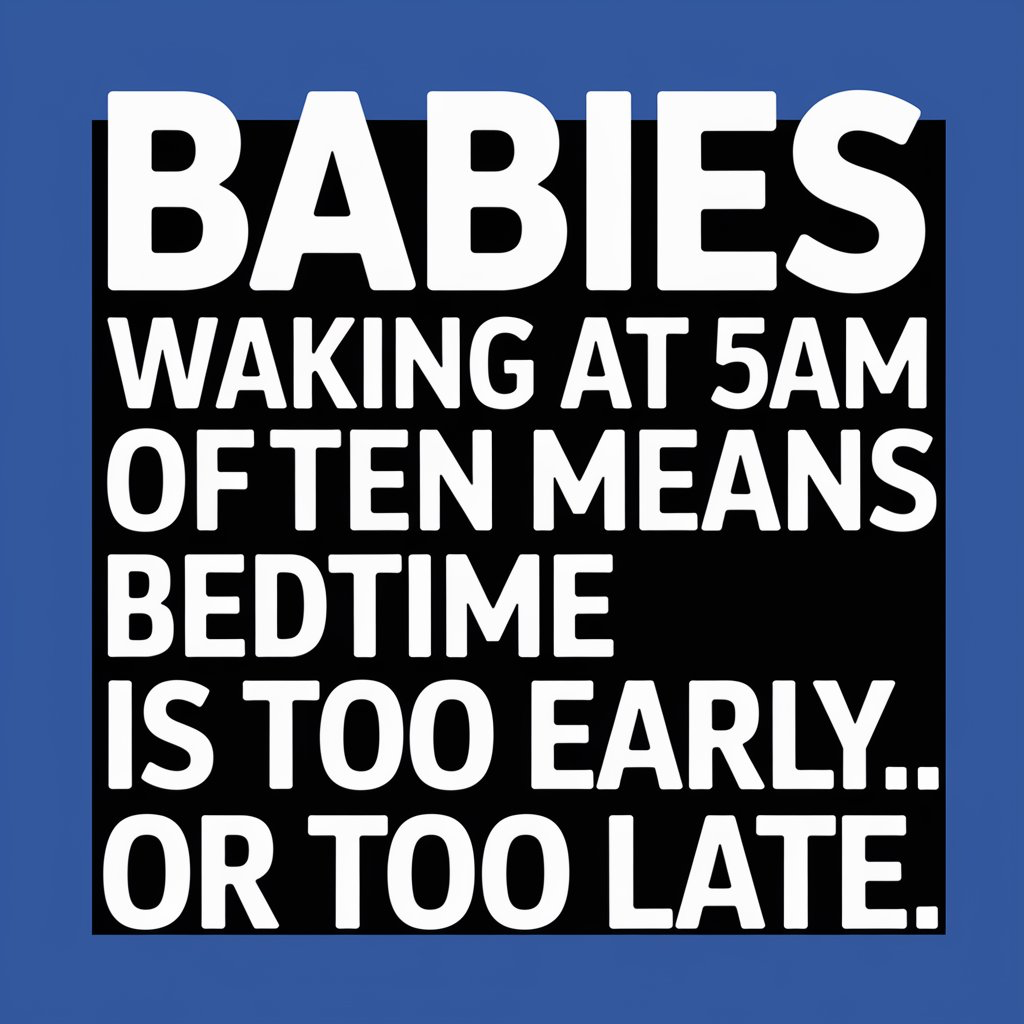
Why Is My Baby Suddenly Taking Short Naps? What You Need To Know….
It felt like it happened overnight. One day my baby was taking beautiful, hour-long naps… and the next, she was up crying 27 minutes after I put her down. If you’re dealing with a baby suddenly taking short naps, trust me — I know how frustrating and confusing it feels.
It turns your whole day upside down. You’re left wondering if you did something wrong, if your baby is overtired, overstimulated, or just done with naps altogether.
I learned through lots of trial and error (and some Google rabbit holes) that this sudden change is super common, and most of the time, it’s totally fixable. Let me walk you through what I figured out — and what actually helped.
When My Baby’s Long Naps Disappeared Overnight
For weeks, I felt like I had finally found a rhythm. My baby would nap two or three times a day — usually for about an hour each time — and I could actually breathe, clean something, or sit down for lunch.
Then one morning, everything changed. She went down like usual, but woke up 30 minutes later, completely cranky and clearly still tired.
It happened again. And again. And again.
It felt like I had lost all the progress we made. I kept asking myself, Is this a regression? A schedule issue? Teething? I honestly had no idea what had gone wrong — only that something definitely had.

What Causes Baby Naps to Suddenly Get Short?
I found out pretty quickly that there are several reasons why your baby might suddenly start taking shorter naps out of nowhere. Here are the biggest ones that came up for us:
1. A developmental leap or growth spurt
Your baby’s brain and body are growing fast — and that can mess with sleep. Right before she learned to crawl, naps went off the rails for a full week.
2. Teething or mild illness
Even if they’re not full-on sick, little changes like teething discomfort or a stuffy nose can cause more frequent waking during naps.
3. Transitioning from 3 to 2 naps (or 2 to 1)
When babies outgrow a nap, they often start showing signs like shorter sleep or resisting naps altogether. If your baby is around 6–9 months or 12–15 months, that might be what’s going on.
4. Environmental triggers
Loud sounds, light coming through the curtains, or even too much stimulation right before naptime can lead to restless, light sleep.
We experienced a mix of all of these at some point — which is why I wrote this post to help parents who feel totally blindsided. If you’ve landed here after searching “baby suddenly taking short naps,” you’re in the right place.
How to Tell If It’s a Nap Regression or Something Else
One of the first things I asked myself was: Is this just a regression… or did we somehow break naptime completely? And the answer is — it depends, but there are a few signs that helped me figure it out.
It’s likely a nap regression if:
– Your baby is at a common regression age (4, 6, 8, 12 months)
– Naps were solid before, but suddenly got short out of nowhere
– Baby is more clingy or fussier than usual
– Sleep at night has also become more unpredictable
Nap regressions can last anywhere from a few days to a couple of weeks, and they usually pass without needing to overhaul everything — if you stay consistent.
When our baby hit the 6-month regression, I made the mistake of changing up her entire nap schedule every few days. Looking back, that only made things worse.
That’s when I learned a lot of what I shared here 👉 🛏️ how to get baby to nap longer — that article walks through how I slowly rebuilt better naps after everything fell apart.

Common Mistakes That Make Short Naps Worse
I fell into just about every trap you can imagine while trying to “fix” the sudden short nap issue. Here’s what I wish I had known not to do:
1. Don’t keep changing nap times
When naps got short, I started putting her down earlier… then later… then earlier again. It only made her body more confused. Babies thrive on a consistent rhythm.
2. Don’t rely only on motion naps
The car and stroller became tempting options, especially when I needed a break. But doing that every time made her even less likely to nap well in her crib.
3. Don’t add a nap that isn’t needed
Trying to squeeze in an extra catnap just led to more overtiredness at bedtime. Sometimes a short nap just has to be accepted and balanced with a better next nap.
4. Don’t panic
Seriously — easier said than done, I know. But spiraling and constantly tweaking everything made our situation drag on longer than it needed to.
How I Handled It When My Baby Suddenly Took Short Naps
Once I stopped reacting to every short nap with a major change, I finally made progress. Here’s what I did instead:
– Stuck to the regular schedule for at least 3–4 days before evaluating
– Gave her 5–10 minutes to settle on her own before rushing in
– Extended naps occasionally by contact-napping through one full cycle, just to help her reset
– Watched wake windows more closely and adjusted her first nap timing slightly — that ended up making the biggest difference
I also lowered my expectations during this phase. Some days were rough. Some naps were a total bust. But I stopped treating every short nap like a crisis, and that shift helped both of us stay calmer.

Should I Try to Extend the Nap or Let Baby Wake?
This was the question I asked myself daily during this phase. Sometimes I’d rush in to try to “rescue” the nap. Other times, I’d just accept it and move on with the day. Turns out, there’s no one right answer — but here’s what helped me decide.
Try extending the nap if:
– Your baby wakes up clearly still tired or fussy
– They only slept 20–30 minutes
– It’s the first nap of the day, and they usually sleep longer
You can try gently rocking, offering a contact nap, or even feeding briefly if that’s part of your routine — whatever helps them get back into sleep mode without making it a permanent habit.
Let the nap end if:
– Your baby wakes up happy and alert
– It’s a later nap and bedtime is coming up soon
– You’ve already tried to extend it a few times that week without success
Sometimes short naps are just what they need that day — and trying too hard to force longer naps can backfire.
How Long Should Baby Naps Be by Age?
I obsessed over nap charts when this started. But once I stepped back and looked at the big picture, I realized the goal is restorative sleep, not a perfect nap clock.
Here’s a basic breakdown of how long naps usually are by age:
Newborns (0–3 months):
– Nap length: 20–120 minutes
– 4–6 naps/day
4–6 months:
– Nap length: 45–90 minutes
– 3–4 naps/day
6–9 months:
– Nap length: 1–2 hours
– 2–3 naps/day
9–12 months:
– Nap length: 1–1.5 hours
– 2 naps/day
12–18 months:
– Nap length: 1.5–2 hours
– 1–2 naps/day (depending on child)
If your baby’s nap suddenly shortened but they’re still getting enough total daytime sleep and waking happy — it might not be a problem at all. But if they’re cranky and tired, it’s worth exploring solutions like I did over in 💡 how to get baby to nap longer.

When to Talk to Your Pediatrician About Short Naps
Most of the time, a baby suddenly taking short naps is completely normal and part of development. But there are some situations where it’s worth checking in with your doctor:
– Naps are always under 30 minutes and baby seems overtired
– Your baby is also waking frequently at night or refusing to eat
– There’s a sudden loss of weight, appetite, or energy
– You just feel something’s off (always trust your gut)
Even if your pediatrician says everything is fine, the peace of mind can be a huge relief — and sometimes they can spot a small detail you may not have noticed.

My last thoughts on your Baby Suddenly Taking Short Naps
If your baby is suddenly taking short naps, you’re not alone — and you’re not doing anything wrong. I know how defeating it feels when the long, peaceful naps disappear and you’re left with a cranky baby (and an untouched to-do list). But here’s what I’ve learned: this is usually just a phase, and it will pass.
Staying consistent, trusting your routine, and making a few small adjustments can make a big difference. And if your baby’s naps need a little help getting back on track, there are gentle ways to support that change.
Need more help stretching out those naps? Don’t miss my full breakdown over here 👉 😴 how to get baby to nap longer — it’s packed with everything I tried (and what actually worked).
You’ve got this. One short nap at a time.
As an Amazon Associate we earn from qualifying purchases through some links in our articles.



